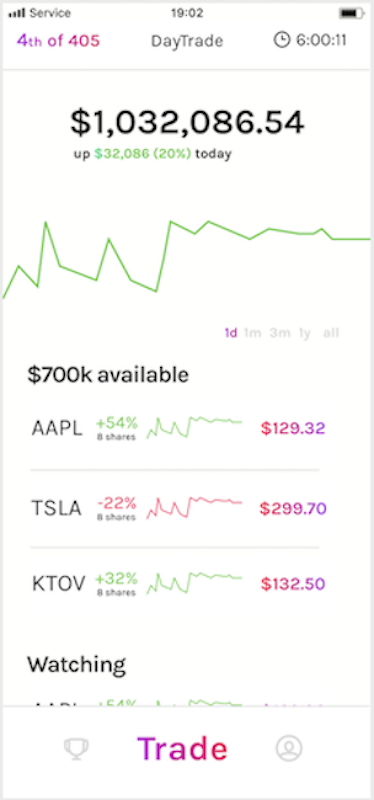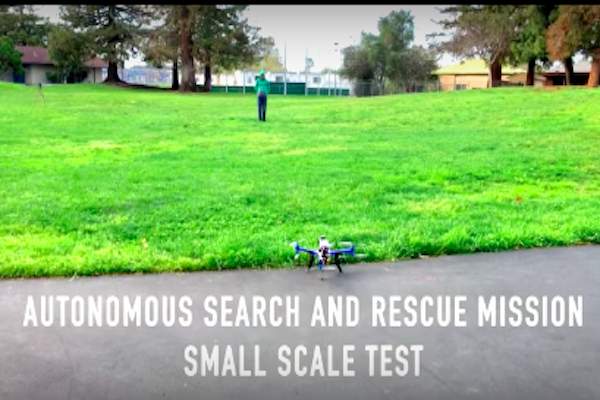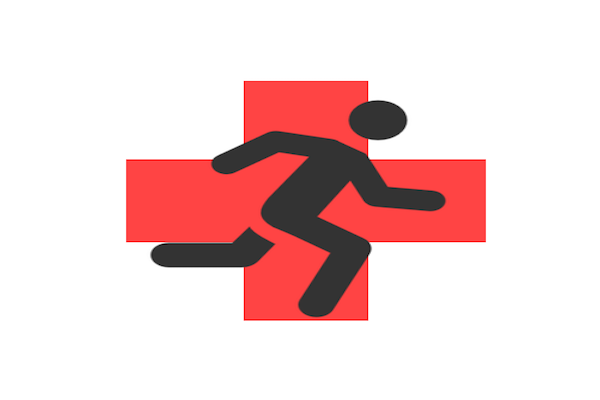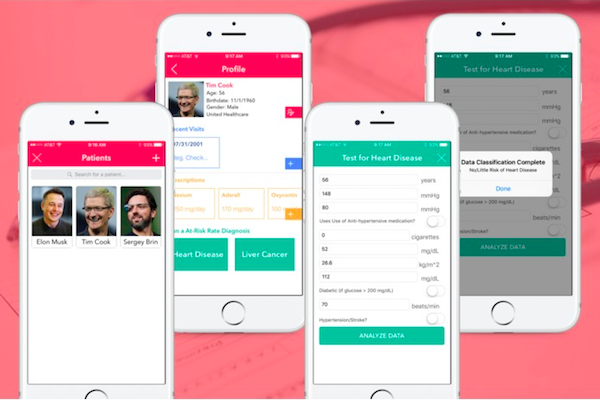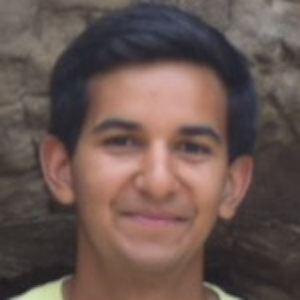
About me
Hi, I'm Adiyan Kaul, a full stack developer and entrepreneur. I specialize in AI research, web development, and product building. Over the years, I've developed expertise in a range of technologies including React, Python, JavaScript, and Rust. I'm passionate about solving complex problems through innovative technology solutions. As a Regents Scholar from UC Berkeley and an Eagle Scout, I bring both technical expertise and leadership experience to every project. When I'm not coding or building products, I enjoy playing basketball and reading books to better help me understand the world around me.
Experience
Cofounder @ Dubs
San Francisco, CA
Building conversational AI toys with personalized interactive experiences. My team and I developed the entire technology stack from hardware to software, including 3D printing and injection molding the physical toy with an integrated ESP32 chip, speaker, and microphone. The backend consists of a custom Rust server with a sophisticated AI pipeline featuring voice activity detection, speech-to-text processing, a self-hosted fine-tuned large language model, memory system for RAG on the LLM and text-to-speech synthesis. I also built ESP32 firmware handling Bluetooth and WiFi connectivity with acoustic echo cancellation, plus an Expo React Native companion app for WiFi setup, battery monitoring, and device control. After successfully pitching at Toy Previews LA, we're now in negotiations with multiple toy companies for licensing deals to integrate our conversational AI technology into new product lines.
Full Stack Software Engineer 3 @ FloQast
Los Angeles, CA
As an engineer at FloQast, I built and maintained React frontends and AWS Lambda backend APIs that controlled user access to critical accounting workflows including close management, operations, and payroll systems. These systems served over 3,000 enterprise clients including major Fortune 500 companies. I led several large-scale initiatives that directly impacted the company's growth strategy, including developing an ad-hoc project management workflow system that improved product stickiness as FloQast expanded beyond its core close management offering. I also spearheaded a complete navigation system overhaul to support the company's rapid product expansion. Throughout my tenure I also did work in CI/CD, QA testing, mentoring new hires, product development, customer support, and collaborating with cross-functional teams to ensure seamless integration of new features.
Cloud Engineering Intern @ McAfee
Santa Clara, CA
During my internship with McAfee's cloud engineering team, I conducted a comprehensive analysis to determine the optimal database solution between Aurora and DynamoDB for our specific data requirements. I created detailed database schemas, populated them with realistic test data, and ran extensive sample queries to perform a thorough cost-benefit analysis. Additionally, I built a real-time notification web application using Firebase, Aurora, Python, Amazon SNS, and AWS Lambda that could instantly push notifications to all of a user's devices whenever changes occurred in the database. This system improved user engagement and provided immediate feedback for critical security events.
Data Science Intern @ McAfee
Santa Clara, CA
As a data science intern, I developed a sophisticated machine learning solution to combat Android malware. I implemented a random forest algorithm in Python that could determine if an Android app was malware with 90% accuracy by analyzing features such as the permissions requested by the app, developer information, and the trust factor of the app's network endpoints. I also worked on internet traffic anomaly detection for IoT devices using Apache Spark to model network traffic trends and identify patterns that could indicate attacks such as denial of service attempts. This work contributed to McAfee's mobile security offerings and helped protect millions of users from malicious applications.
Intern @ NASA Ames Research Center
Mountain View, CA
As an intern at NASA I worked on a project involving autonomous drones and machine learning. I wrote a convolutional neural network able to distinguish people with suspicious attributes, like concealed weapons and backpacks. I also worked on the hardware aspect of mounting objects on the drone like a camera and a raspberry pi. The software was then loaded on the drone so that it could look for and track individuals using the algorithm. This was presented to a congressman, the Army, and several senior individuals at NASA.
Software Intern @ Keysight Technologies
Cupertino, CA
As an intern in the Keysight Labs division I worked on evaluating modulation recognition using machine learning algorithms. The tasks I had to accomplish included acquiring over-the-air RF signals, developing software to evaluate the accuracy of different models, running tests, and reporting test results.I was able to obtain three different types of over the air signals and train a neural network to be able to distinguish between different signal spectrograms. I also developed a web service that enable non expert users to upload and classify signals and a service to train models and hosted it on an Amazon EC2 instance.
Education
B.S. from EECS @ UC Berkeley
Regents Scholar (Top 200 Incoming Freshmen)
Graduated in 2021 with a Bachelor's degree in EECS. I took courses in electrical engineering, computer science, math, and history. These courses helped me gain a deeper understanding of machine learning, computer architecture, algorithms, data structures, databases, and systems design.
Diploma @ Cupertino High School
Cupertino, California
I graduated highschool where I enjoyed courses in math, computer science, and history. Throughout highschool I was always set on computer science and as a result I frequently took part in hackathons and science fairs. Won many awards in these competitions. I also participated in other extracurricular activities such as parlimentary debate and was ranked top 10 in the USA for this debate format as a junior.
Skills
Here is a summary of my most important skills and abilities as a Full Stack Developer:
Technical Skills
- Python
- Javascript / TypeScript
- React Native
- Rust
- HTML / CSS
- Node.js
- Java
- Swift
- GraphQL
- R
- PostgreSQL
- JSON / XML
- Express.js
- SQL
- Angular JS
- C++
- CI / CD
Languages
- Kashmiri (mother tongue)
- English (daily use)
- Hindi
- Spanish
Other
- AWS
- Github
- Figma
- Jira
- Scrum / Agile
- Docker
- SEO
- Postman
- CLI
- MacOS / Linux
- Grafana
Projects
My favorite projects I've worked on in my career that are worth sharing.
